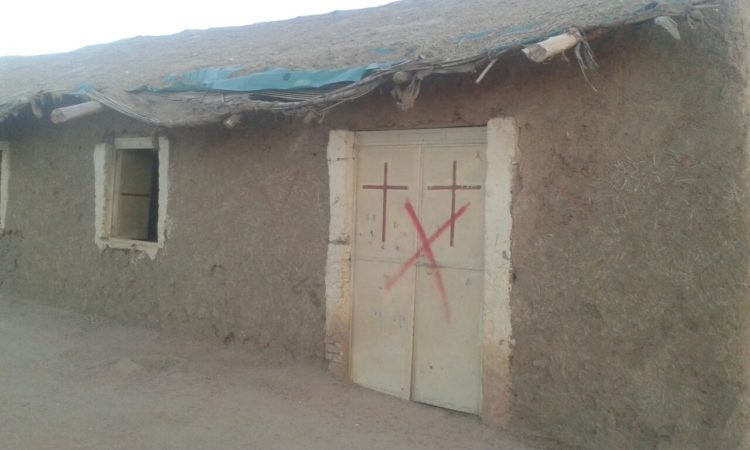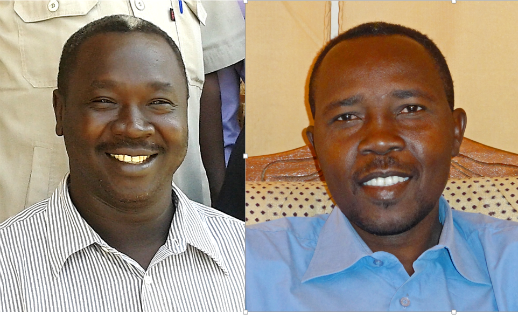
A Sudan church leader who already spent Christmas 2015 in prison on charges of “spying” – he was freed due to lack of evidence after 19 days – has been re-arrested for a day, along with five other fellow church leaders.
Those arrested belong to the Sudan Church of Christ (SCOC), including its head of missions, Rev Kuwa Shamal, who had been arrested on 15 December 2015, with three others, on several charges but was released in January this year because of a lack of evidence. The two others arrested in 2015, Hassan Taour and Abdulmonem Abdumawla, were eventually released in May 2017 after the Czech aid worker Petr Jašek was set free in February, following intervention by his government and the EU Envoy on Freedom of Religion or Belief. This is at least the third time Rev Shawal has been arrested.
Others arrested for a day last week were the Sudan Church of Christ Moderator, Rev Ayoub Mattan, Finance Secretary Abdulbagi Ali Abdulrahaman, Deputy Finance Secretary El-Amin Hassam Abdulrasool and church leaders Yagoub Naway and Musa Kodi.
Confiscations and evictions
Meanwhile, two days before, two other church leaders from Omdurman had been evicted by police from their homes; one of them was allegedly arrested for trespassing by entering his own office, but released on bail later that day (21 August).
Yahiya Abdel-Rahim Nalu, the church’s moderator, and Sidiq Abdallah, a pastor, were living in houses owned by the Sudan Presbyterian Evangelical Church (SPEC). The police evicted them to help a Muslim businessman called Hisham Hamad Al-Neel take over the church’s property – Al Neel claims he owns the property, which he says was acquired as an investment.
“The situation is very difficult, we are living in the street,” Nalu told Radio Tamazuj.
Sudanese authorities have continued the gradual confiscation of properties belonging to, among others, the SCOC and SPEC in Bahri (Khartoum North) and Omdurman. In June, Sudanese church leaders risked going public with their concerns by sending an open letter to the government.
On 26 April police and an armed mob occupied part of the SPEC compound in Omdurman. It was the same location where, earlier that month, two church members were stabbed during a protest against appropriation of a school there.
‘Unlawful intervention’
In 2013 the Ministry of Guidance and Endowments authorised and charged an illegally convened land and buildings committee with administering the affairs of the SPEC and, despite a ruling of the Khartoum Administrative court calling the intervention unlawful, the government has since started a campaign of forcing local churches to hand over their land and properties.

The arrest of Rev Shamal and other leaders of the SCOC followed the arrival of a rival committee, also illegally convened, armed with a letter from the Ministry of Religious Affairs dated 14 August, in which the committee asked police to help them take over the SCOC offices. When the leaders refused to hand over the property, they were arrested. They were released on bail a few hours later and are still waiting to hear if there will be further legal action.
Meanwhile SPEC leadership told advocacy organisation Christian Solidarity Worldwide that it has filed an appeal for the case but it is likely to take a long time for the court to issue its ruling.
In an exclusive interview in mid-June, Mariam Ibrahim, who was condemned to death for her Christian faith in Sudan in 2014, told World Watch Monitor the “Sudanese government says it respects freedom of religion, but it does not”.
Yesterday, the new head of USAID, Mark Green, visited Khartoum to assess how far Sudan is meeting obligations ahead of the 12 October deadline by which the US will decide on whether or not to lift sanctions imposed for lack of progress on measures to attain sustainable peace, and more progress on human rights.